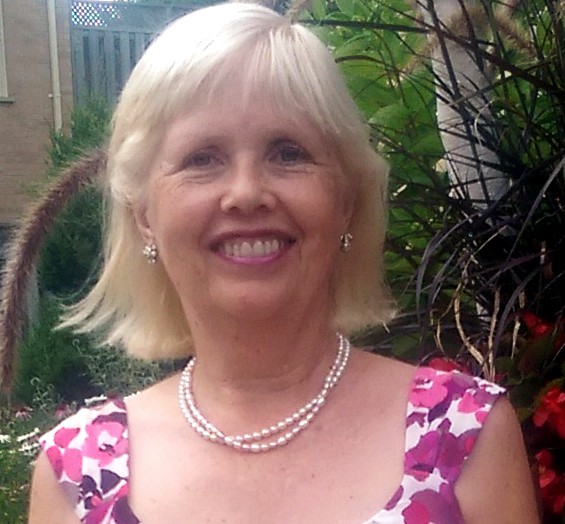With trumpets and trombones blaring, the Lady Godiva Memorial Band led the hijinks on Founder’s Day – the 100th anniversary of the School of Practical Science, later named the Faculty of Applied Science & Engineering. The engineering students played “The Skule Song” as their classmates lifted a Volkswagen up the steps of University College and deposited it squarely in the main hallway. They provided a drum roll when the judges took to the stage to announce that engineering professor F. A. De Lory had won the faculty beard-growing contest. And while fellow students imbibed beer (10¢ a glass), the clarinet player squealed through “Little Brown Jug.”
Named after Lady Godiva, the patron saint of engineering, the band has been entertaining on campus since 1950. Its history is chronicled with stories of showing up unannounced – at everywhere from a chemistry class to Varsity football games. No musical ability is required to join the band, which adds to the group’s unique sound.
On this anniversary of Founder’s Day, the band celebrated engineers – but a century earlier, some people wanted to keep the field of study out of U of T. In a 1973 article looking back at the faculty’s origins, the U of T Bulletin reported that “the advent of an engineering school was not welcomed by the more traditional academics and the Senate is said to have refused to give the first professor a classroom to lecture in.”
The engineering faculty, now celebrating its 140th anniversary, ranks first among such schools in Canada and boasts alumni who invented the plug-in radio, engineered the alkaline battery and co-invented the Imax projection system. And back on campus, the Lady Godiva Memorial Band plays on.
Recent Posts
People Worry That AI Will Replace Workers. But It Could Make Some More Productive
These scholars say artificial intelligence could help reduce income inequality
A Sentinel for Global Health
AI is promising a better – and faster – way to monitor the world for emerging medical threats
The Age of Deception
AI is generating a disinformation arms race. The window to stop it may be closing





